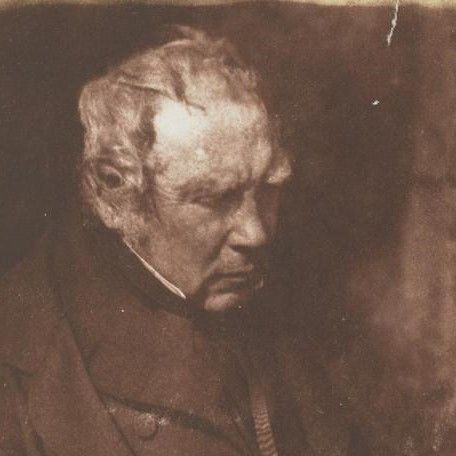Our assumption is that our jobs don't yield much towards God's bigger plans. We assume that God sees us as less spiritual than the minister at church. We differentiate between a worship leader/preacher with a teacher or a software developer or a nurse or even a mother at home.
This is a guest article by Sujin Abraham
There are several communities that believe in God, and I belong to one of them. I find it very difficult to deny the existence of God. The reasons for my conviction are based on my personal experiences and logical reasoning. Like me, there are millions of people who experience God in their daily lives while being a part of diverse work-related areas such as Science, Education, Arts/Entertainment, Business, Government/Military, Media, etc.
The Cultural Mandate
God has commissioned all of humanity to be fruitful and multiply across the earth. We see this in the very first chapter of the Bible. This is considered to be the cultural or creation mandate which God has given to humanity. God had commanded man to work, such that it would bring order and form in this world. Since then, mankind has been following this, consequently leading to progress in diverse areas such as technology, arts, science, health, philosophy etc. On the other hand, contrary to this, we also see the downfall of mankind due to his wickedness, selfishness, pride, etc., all of which led him to disobey God. The Bible calls this as sin. This makes it all the more necessary to refocus our attention on the cultural mandate that God has instituted so that we can bring order in disorder, thus, alleviating the chaos that exists in all our spheres of influence, be it in our homes or workplace. While attempting to comprehend God's mandate for our lives, what are the changes that ought to occur in our thought processes?
Due to a lack of understanding of God’s mandates, many of us unknowingly make a divide between the secular and sacred. We consider a few things to be very sacred, such as going to church, while for some other things, which we assume God is not interested in, such as our studies/job, we term them as secular.
This divide is so deep that we also demarcate our spirituality based on this. For example, the more spiritual a person, the lesser he should be involved in Arts/Entertainment, Business, Government/Military, Media etc. Our assumption is that God is not interested in our day-to-day life and that our jobs don't yield much towards God's bigger plans. We assume that God sees us as less spiritual than the minister at church. We differentiate between a worship leader/preacher with a teacher or a software developer or a nurse or even a mother at home.
Secular vs Sacred
We have created a Secular vs Sacred bias. As Christians, we should always evaluate based on two questions: Are we where God wants us to be? Are we doing what God wants us to do? Does God want me to be a full-time minister in the church or a teacher in a school or a researcher at a lab? Are we in the right place doing the right things? If yes, then we should be rest assured that God sees that as sacred. God is not just interested in who we are, He is equally interested in what we do. Indeed, it is God who has placed us in our respective places for a purpose.
The cultural mandate, in other words, means that we are to be God's regents/representatives in the places he has placed us, like Joseph, Nehemiah, Daniel, Aquila, Priscilla etc. We represent Him, and we work with all the talent he has entrusted us with.
God is not just interested in who we are, He is equally interested in what we do.
Let's start with seeing everything as sacred and removing the bias from our minds. Let us think carefully, be wise and seek God's wisdom so that we may be found faithful in all we do and make a lasting impact, bringing forth transformation in the lives of individuals, homes, communities and nations. Let us nurture and cultivate the talents that God has given and make them grow so that we can use them for bringing order to our lives and surroundings.
Making good water, good food, and health care accessible to all. Bringing peace at home, protecting our women and also protecting our children from vileness, sexuality, abuse, and violence. Let us strive to ensure that there are good movies, sound music, good books, decent clothing, and respect for human lives whilst protecting human dignity. The list is long, we need more teachers, doctors, scientists, parents, etc. who are God's representatives. Let us start seeing sacredness in everything.
Sujin Abraham is the Vice President of Technology at Morgan Stanley and has in the past worked with other leading organisations such as Goldman Sachs and Huawei. He is passionately involed in youth ministry through ICPF and currently resides with his famliy in Bangalore.






Comments ()